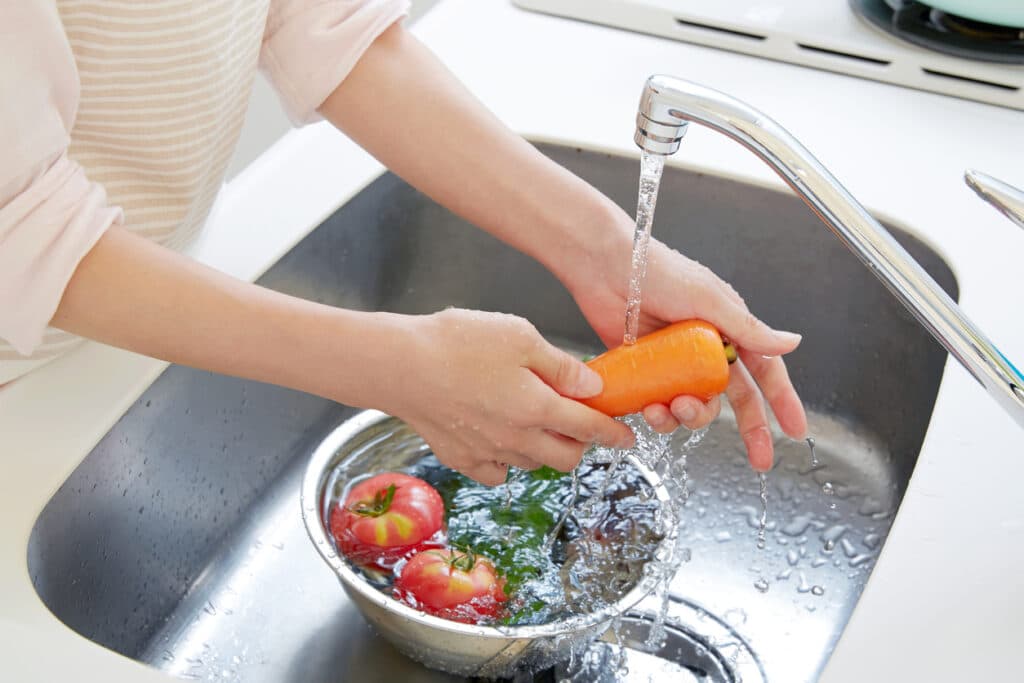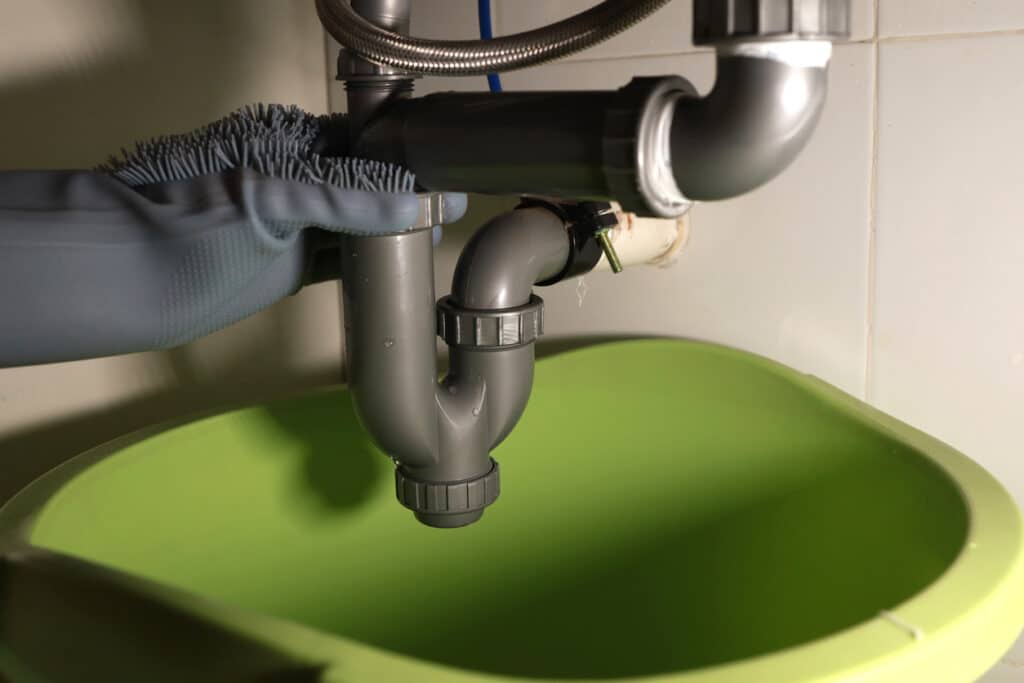The kitchen sink is an essential item for any home. The problem is that it can quickly become clogged, which immediately makes cooking less pleasant. So, how can you maintain your kitchen sink to better enjoy it and extend its lifespan? This is the question that we will answer from A to Z in this article by following the advice of the experts in unblocking pipes from the Belgian company SD Débouchage present in the city of Charleroi.
What is the kitchen sink and what is it for?
A kitchen sink is classically in the shape of a basin. It is equipped with a water supply and a pipeline to allow the evacuation of waste water. There are many types of sink: stainless steel, some can be ceramic while others are resin.
The kitchen sink is a central element for preparing your various meals. It is mainly used for washing dishes, of course, but it can also be used to clean your fruits and vegetables or to defrost certain bulky products such as chicken for example. In summary, every day, a sink receives a lot of waste which pass to the pits through the pipe system. This is why it is essential to be careful about what you put in your sink in order to avoid a disaster, namely: a blockage!

Having a good understanding of the potential origins of a traffic jam could save you from unexpected and very unpleasant situations:
So what are the most common causes of sink blockages?
When your kitchen sink, which is obviously supposed to drain wastewater, is no longer able to do so or at least does so more slowly, you have to face the facts: the pipes are most certainly clogged. But what could possibly cause this kind of inconvenience?
Leftover meals:
If there is one cause that comes up regularly when we talk about sink blockages, it is food. Indeed, when you rinse your plates, the food remains end up directly in the sink. This waste, which you do not necessarily pay attention to at the moment, accumulate little by little at the level of the siphon thus creating a blockage preventing the normal flow of wastewater.
Dietary fats:
This is a substance derived from fatty substances such as vegetable fats (oil, margarine) or animal fats (butter, lard).
When you clean your oily pan or pot while it’s still hot, the grease flows very slowly into the pipes. Then over time, they cool and become solidthus reducing the diameter of the pipes which inevitably end up clogging.
Tartar or lime deposits:
Scale and lime deposits are among the most common causes of a clogged kitchen sink. Their presence may be due to insufficient regular maintenance or to the quality of the water. In fact, very hard water can quickly cause blockages in your sink if you do not maintain it regularly with the recommended products.
The counterslope and the poor connection:
Sometimes it also happens that the problem comes from poor installation. Indeed, depending on how the piping system is arranged, this can promote traffic jam problems. Sunday handymen can also cause some small problems when trying to repair a water leak, for example.
In summary, here are the four main causes that can lead to a clog in your kitchen sink. Which can also cause bad odors! So, to prevent such situations from occurring, it is important to adopt good hygiene and prevention practices.
Some good tips to adopt to prevent your sink from clogging quickly
To keep your kitchen sink always functional and prevent it from becoming clogged, you have everything to gain from adopting these few daily prevention practices:
Throw food waste in the trash
The first attitude to adopt is to ensure that the remains of the meal are not poured directly into the sink in the belief that they will be easily evacuated into the pipes.
Drain the waste with a colander
Instead of pouring leftover food directly into your sink, use a fine strainer to filter them. So you won’t have to worry about what you put in your sink since your strainer will do the work for you. All you have to do is empty it into the trash.
Install a protective grille
Putting a grid in your sink is also a solution which will help to limit as much as possible the amount of rubbish entering directly into the pipes.
Clean the sink trap
Remember to regularly remove the siphon from your sink toe get rid of the waste that accumulates. This is actually the first thing to look at when the water no longer drains. This generally means that the blockage is located very close to the siphon.

Empty fats into the trash
If possible, avoid cleaning dishes full of oil and butter directly in your sink. Start by removing as much as possible using a paper towel or pouring the excess directly into the trash. In fact, this type of waste, as it cools, solidifies in the pipes and gradually creates a blockage.
Use the combo: white vinegar + baking soda
To clean your sink, use white vinegar and baking soda. This mixture is very effective in not only making your sink shine and disinfecting it, but also preventing the formation of scale and a possible blockage. We highly recommend this cleanse once a week!
Rinse the sink with boiling water
After each use of your sink, try pouring very hot water in toeliminate as many bacteria as possible. This also helps prevent foul odors from entering your kitchen.
Now that you have this information about your sink, you will be able to take the right actions to preserve it as much as possible and prevent possible blockages. Obviously, despite all your daily actions, your sink may still get clogged and you will be unable to do anything. In this case, do not hesitate to contact a professional who can make themselves available as quickly as possible to help you, regardless of the circumstances.

